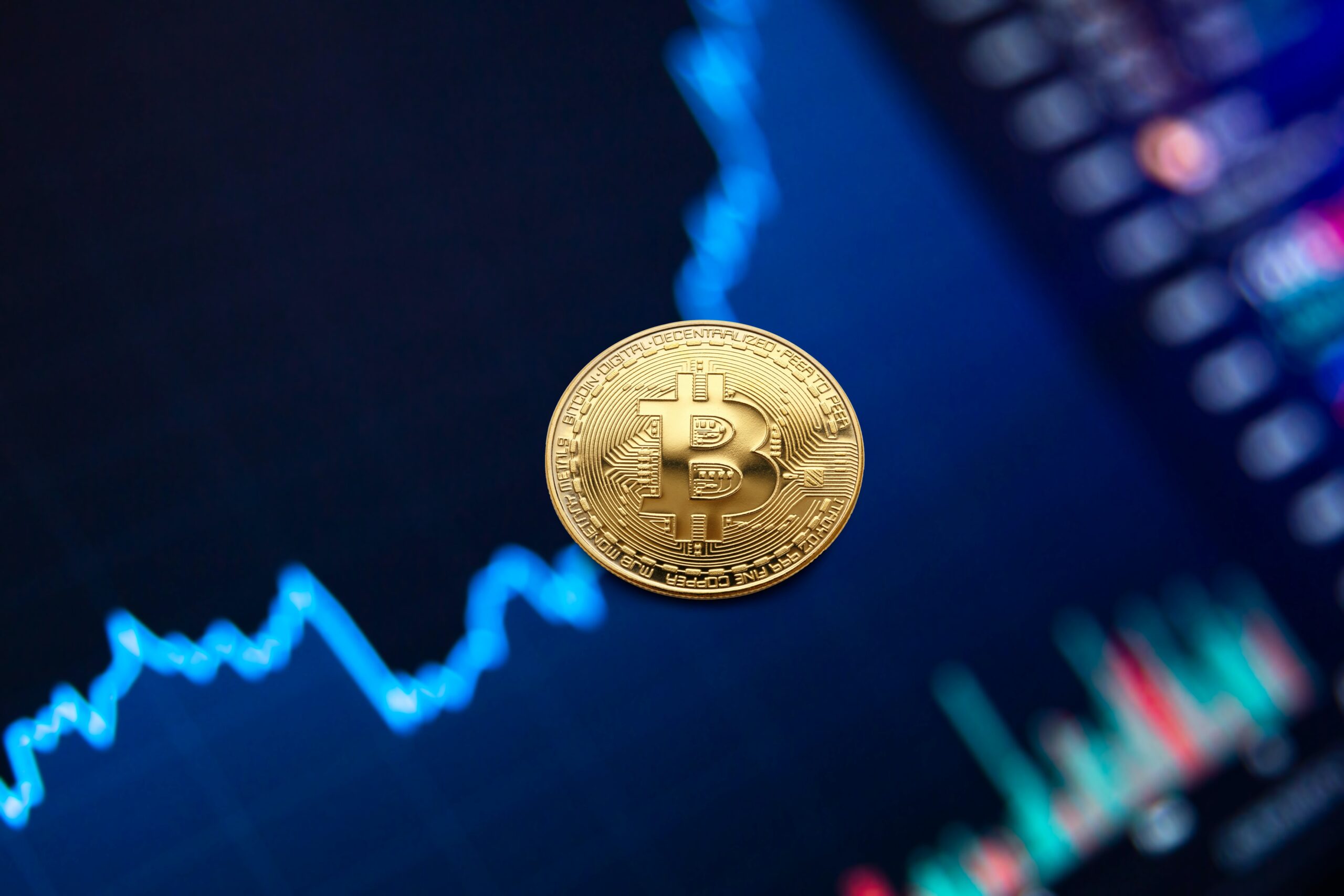Bitcoin vs. Bitcoin cash has been a longstanding debate. Bitcoin has maintained steady growth over time. However, when liquidity concerns in Bitcoin became apparent, more variations of the coin were created. This lead the way for Bitcoin cash.
In essence, Bitcoin Cash is a distinct cryptocurrency from Bitcoin; the primary difference between the two is that block sizes have been raised to aid transaction processing. These two cryptocurrencies have diverged so drastically that the general public now views them as two entirely different kinds of assets.
Let’s examine the landscape to understand better why BCH was split from Bitcoin and the Bitcoin vs. Bitcoin Cash debate.
Explore Bitcoin mining stocks!
Bitcoin vs. Bitcoin Cash
As you may know, Bitcoin was first introduced to the public in January 2009 – and while it was initially hailed as a revolutionary new peer-to-peer electronic cash system that would contest banks and the financial ecosystem as we understood it, its potential drawbacks became increasingly apparent.
One of the most prominent disadvantages of Bitcoin was its inability to scale. A limitation of the Bitcoin blockchain is that block sizes are restricted to 1MB, which translates into the capacity to process up to only seven transactions per second.
This was a significant source of anxiety among cryptocurrency enthusiasts – how on earth was this cryptocurrency going to compete with the likes of Visa, which can handle up to 65,000 transaction messages per second?
There was an agreement that some form of change would be required for Bitcoin to scale and keep up with the increasing demand expected in the coming years. A great deal of dispute existed, however, over the nature of these upgrades — forcing a group of miners and engineers to launch a hard fork in August 2017 to resolve the issue.
It was at this point that Bitcoin Cash (BCH) was created. Even though there are other Bitcoin forks, none are as widely utilized or as well recognized as Bitcoin Cash.
Part of the reason for the division was a disagreement in philosophical viewpoints over the direction in which the two parties desired to go. Some creators (the Bitcoin camp) saw the currency as primarily a store of value, but others (the Bcash camp) wished to promote its usage as a more transactional means of exchange – thus the inclusion of the term “cash” in the coin’s title.
Process Transactions Much More Rapidly
One significant distinction between Bitcoin and Bitcoin Cash is the block size of each chain. While Bitcoin’s block size limit was 1 MB, Bitcoin Cash started with an 8 MB restriction. Currently, Bitcoin Cash’s block size limit is 32 MB, but Bitcoin’s limit remains significantly less.
In general, Bitcoin Cash’s larger block size enables it to execute transactions much quicker than Bitcoin. Bitcoin Cash is capable of processing around 116 transactions per second, while Bitcoin is capable of processing approximately seven. Visa, on the other hand, handles 24,000 transactions per second.
Smart Contracts and a Decentralized Financial System
Bitcoin does not now allow smart contracts, although work is underway to enable the development of decentralized financial (DeFi) services on top of it. Meanwhile, Bitcoin Cash begun implementing more complicated functionality via smart contract languages.
Developers on Bitcoin Cash can utilize smart contract languages such as Cashscript to implement more complicated operations than those supported by Bitcoin. This enables ‘decentralized finance’ applications such as synthetic derivative trading. Additionally, private payments may be made using applications such as CashShuffle and CashFusion.
Tokens Emissions
Companies must use the Omni layer to create tokens on the Bitcoin blockchain, a platform for “generating and exchanging bespoke digital assets and currencies.” While Omni transactions are Bitcoin transactions enhanced with “next-generation functionality,” the layer has been mostly used for stable coins.
On the other side, Bitcoin Cash invented the Simple Ledger Protocol (SLP). The protocol enables developers to create tokens on top of BCH, much to how Ethereum tokens are created. Certain assets have been released as both Omni and SLP tokens.
Existing on many blockchains enables consumers to pick their preferred network. Both methods, however, have met with a disappointing level of acceptance.
Additionally, the SLP protocol offers non fungible tokens (NFTs), which are separable from one another. On the other hand, their usage on BCH has been restricted in comparison to Ethereum or other blockchain protocols.
Transaction Fees
Because of BCH’s larger block size, the block space is far less competitive, resulting in significant reductions in transaction costs. BTC transaction costs have already reached as high as $60 per transaction in the past.
In contrast, the largest transaction fee charged by Bitcoin Cash (BCH) has not yet exceeded $1 and is now hovering at 28 cents. At the moment of writing, it is 363x more expensive to transact on Bitcoin in USD than on Bitcoin Cash.
The RBF (replace-by-fee) capability is likewise no longer available with BCH. RBF is the process of replacing a transaction that has been left unconfirmed on the blockchain with a new version of the same transaction—along with a higher fees to compensate for the extra work involved.
Most RBF implementations, on the other hand, require that the outputs of both transactions be identical. Furthermore, if the receiver does decide to wait until the confirmations are received, RBF will not be feasible since the original transaction will be completed.
Bitcoin vs. Bitcoin Cash: Bottom Line
Many people believe that Bitcoin Cash vs. Bitcoin is a competition and that one should be superior to the other. Bitcoin Cash is a more viable asset for blockchain transactions due to its speed and low cost.
However, being the original cryptocurrency, Bitcoin is the most widely embraced and is now the most applicable store of value in the cryptocurrency market. Both of these currencies may continue to be industry standards as the sector grows and evolves.
As more people use BCH, it has the potential to become the primary medium of exchange and money transfer. BTC may continue to be utilized as a store of value, since it is regarded as the digital currency’s gold. Both are expected to increase in value and acceptance over time, making them viable investments for any investor to explore.









